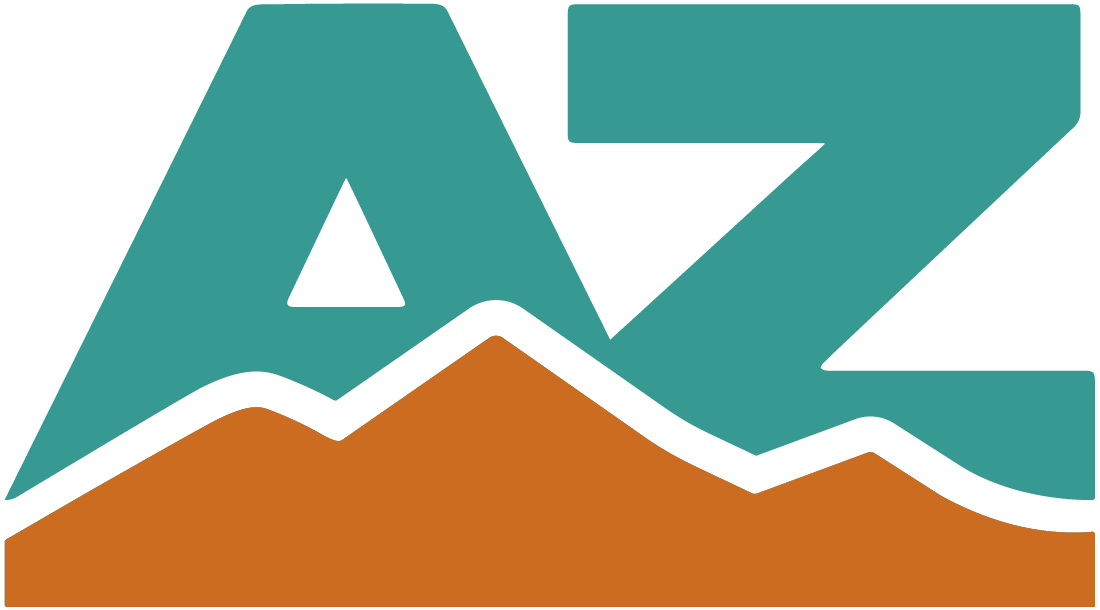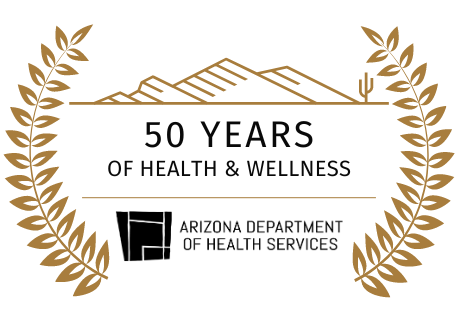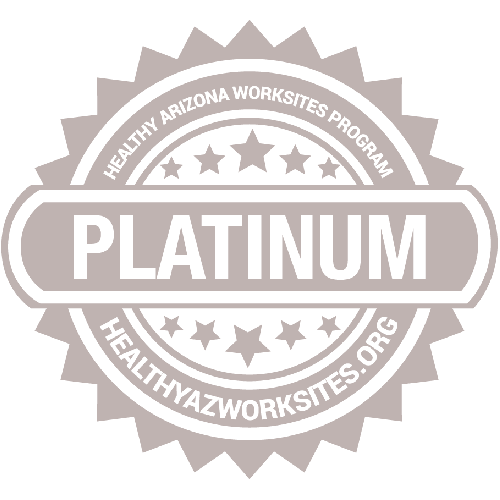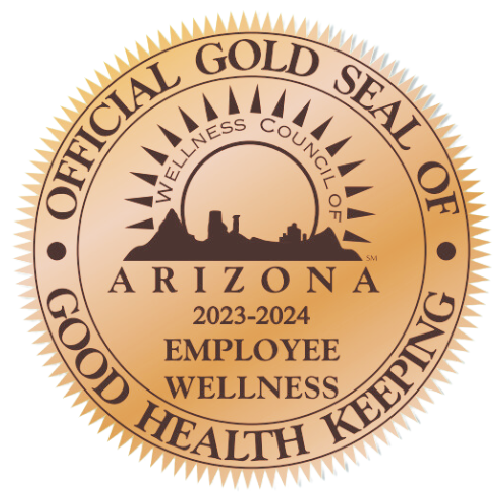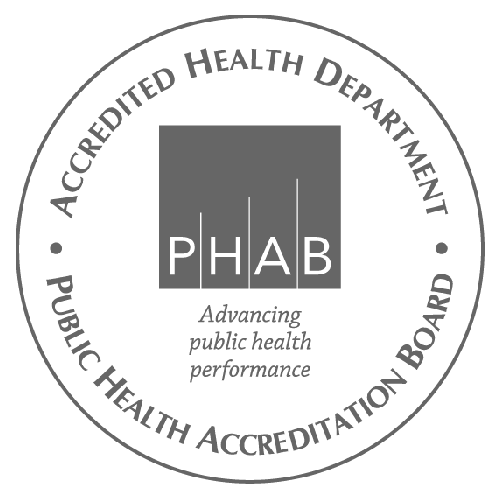
January is
Birth
Defects
Awareness
Month
Birth defects, or congenital anomalies, affect one in every 33 babies born in the United States and are a leading cause of infant death. Babies who survive and live with birth defects have a higher risk for developing many lifelong challenges related to their body and mind as well as social challenges. Medical care and support services only scrape the surface of the financial and emotional needs for those living with birth defects. Birth defects come in all shapes and sizes, and there are literally hundreds of types of birth defects. Common examples include Down syndrome, cleft lip and palate, and heart defects.
Birth Defects are
Common
One in 33 U.S. babies is born with a major birth defect each year.
Costly
The yearly hospital costs for birth defects exceed $2.6 billion.
Critical
1 in 5 infant deaths is due to birth defects, making them a leading cause of infant mortality.
Prevention
Healthy women have healthier babies! Not all birth defects can be prevented, but there are some keys to reducing the risk. Women of child bearing age can reduce their risk by:
- Taking 400 mcg of folic acid every day.
- Staying up-to-date on immunizations.
- Getting regular medical checkups and knowing family history.
- Not smoking and avoiding second-hand smoke.
Materials
Infographics
- 2018 ADHS Birth Defects Awareness Month
- 2016 ADHS Birth Defects Awareness Month
- 2015 ADHS Birth Defects Awareness Month
- 2014 ADHS Birth Defects Awareness Month
- CDC’s Making Healthy Choices to Help Prevent Birth Defects
- CDC’s Birth Defects are Common, Costly, and Critical
Additional Resources
- Arizona Smoker’s Helpline
- CDC National Center on Birth Defects and Developmental Disabilities
- CDC Preconception Health and Health Care
- Family Planning and Birth Spacing Information
- National Birth Defects Prevention Network
- National Institute on Alcohol Abuse and Alcoholism
- National Institute on Drug Abuse
- Preconception Health Materials
- Project Quit
- Arizona Birth Defects Monitoring Program
- A New Diagnosis: What Do I Do Now?
- Birth Defects Awareness Month Proclamation



